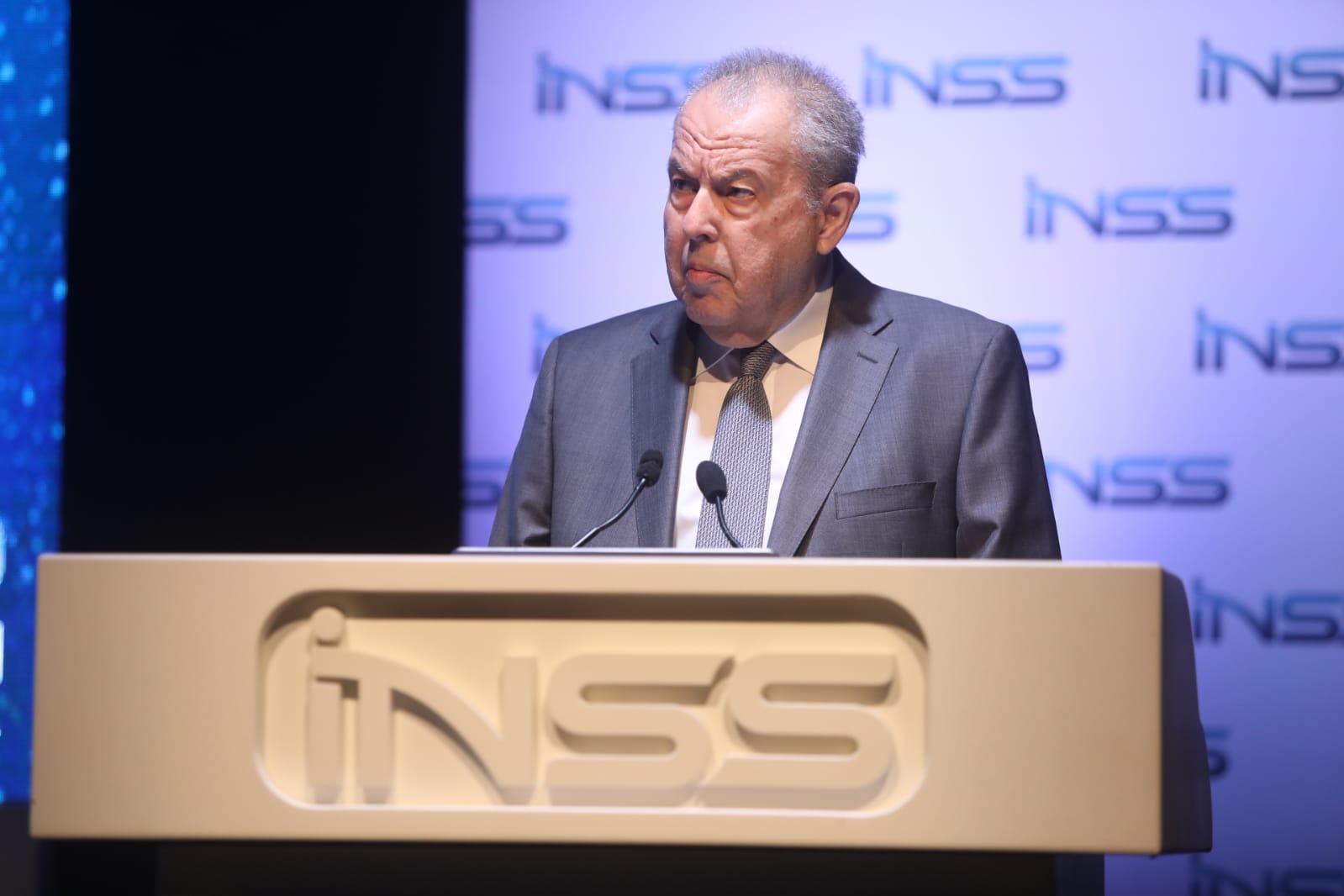
Prof. Haim Harari
The world has changed immeasurably in recent decades; science and technology are now the greatest asset, but they bring with them potential negative ramifications. Science and technology are what drive the world, and thus one gram of knowledge is worth more than one barrel of oil. Quantitative thinking is in every field, and hence the rise in employment depends on scientific and technological education. Yet as economic possibilities broaden, so greater social gaps are created, between those who have a science-based education and those who don’t.
With the flood of information, the world has become replete with short messages. A short message allows only a superficial and extremist message. The world becomes increasingly black and white, and increasingly less gray. This influences political messages. With an information flood of short messages – how does one have the opportunity to think differently and change opinions? Moreover, those in politics choose to attend to short term issues with short term solutions, and not address long range problems.
We are afflicted with the “binary syndrome.” This leads to more extremism and populism. Between the two extremes, who will decide what is normative? Extremes can be at opposite ends, as in a straight line, or they can reach the same point, as in a circle. As such, peace activists are not truly supporters of peace, and human rights activist argue for human rights for terrorists and murderers.
There is no such thing as legitimate absolute freedom. In addition, excessive transparency prevents a genuine and deep debate (for fear of being exposed with inconsequential thoughts or ideas – but this is what leads to a true debate). While we live longer, our perspective is much more limited. We live globally and think locally. While this has always been true, technology has amplified this trend. In order not to give up on liberal democracy, it is important to approach issues with fresh ideas and to make changes. This requires new leadership, and political leaders who are driven by fresh, sound thinking. This is what can save democracy.


